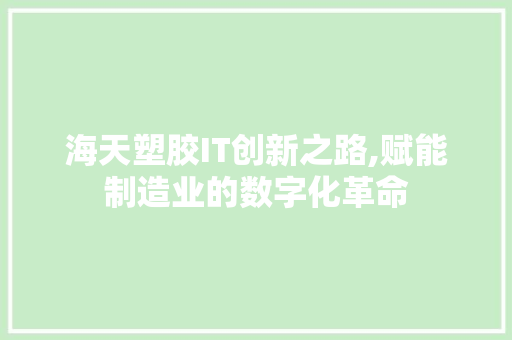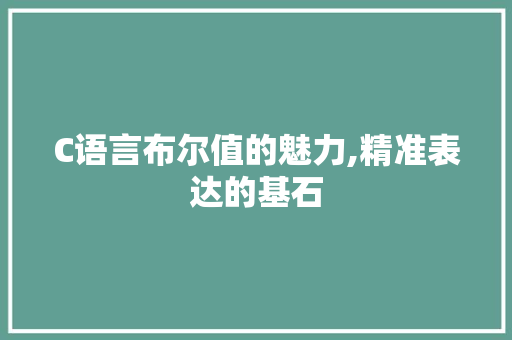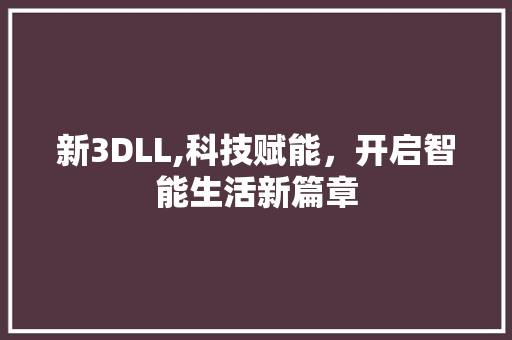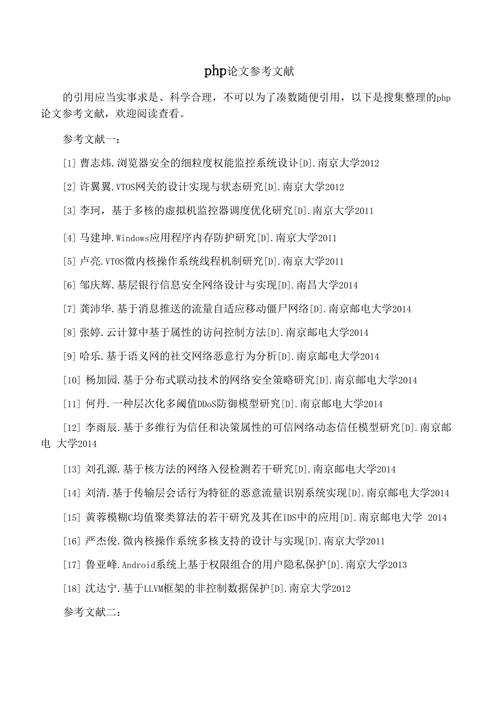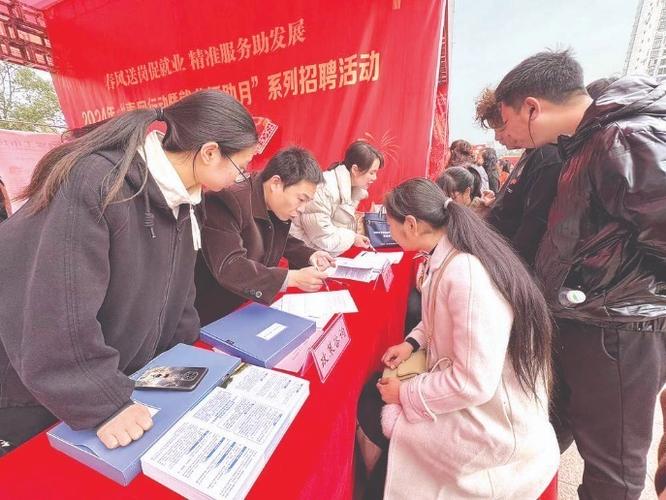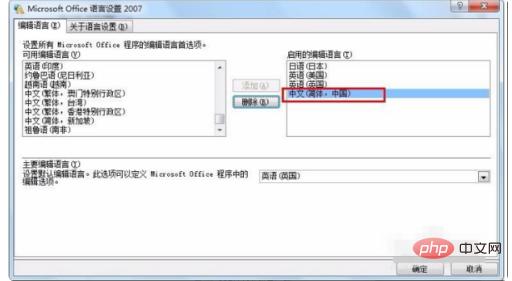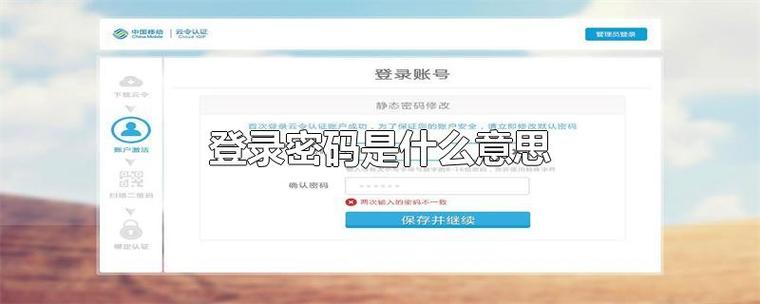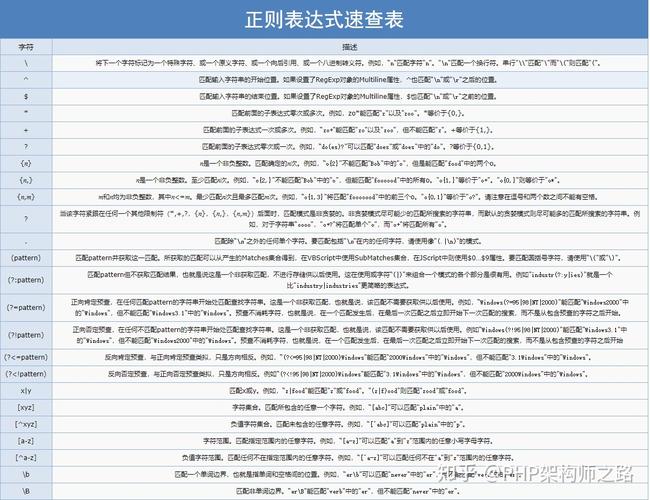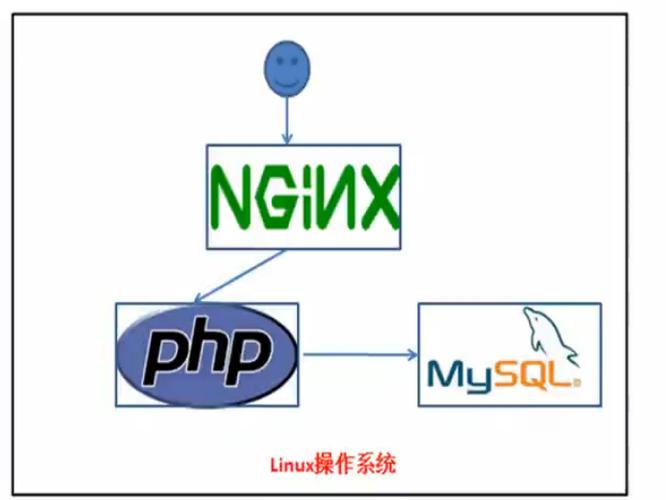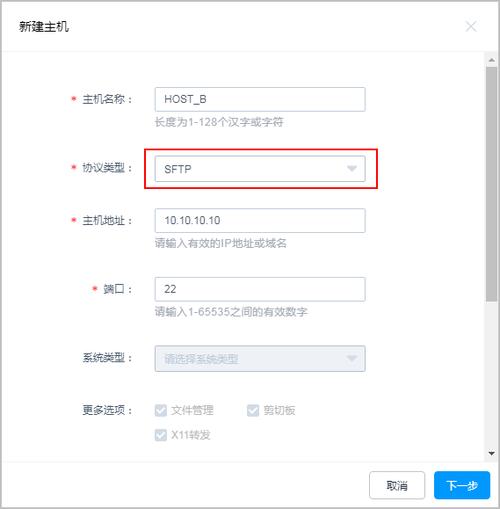我们将只管即便保持文章的循规蹈矩和普通易懂,请确保自己已经节制了那一篇文章的全部内容时才选择跳过,不然可能会错过关键的信息噢~
这里我们假定你已经知晓了以下根本知识,这些根本知识对理解文章内容是至关主要的:
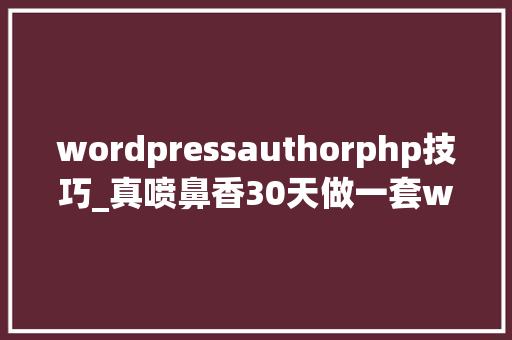
1. HTML/CSS/JS根本

2. PHP根本
3. 如何利用Wordpress
4. 如何搭建web环境
如果你已经知晓了以上根本知识,恭喜你,本系列的任何文章内容对你而言都没有什么难度。
文章详情页本日(第11天)便是本系列文章的末了一篇了(说好的30天呢?!
),网络上已经涌现了很多造孽转载本文的网站,希望你们能在采集后记得手动把我骂你们的这句话删除,XXXXXX,本文首发于头条号数字江湖异志录和本人博客hhacker.com,非以上渠道看到本文的读者都是看到了造孽转载的文章。为什么提前结束呢,由于制作的进度的确超过了我的想像,很多东西封装好往后,复制复制就能用,实在是太赞了,废话不多说,我们开始singular.php文章详情页的主题文件制作。
还是老套路,从home.php全体复制一套过去,我们只须要关注左侧区域的文章内容就可以了。
<?php while (have_posts()) { the_post(); the_content(); } ?>
以上代码插到main-container里,直接搞定,本日我们的任务就完成了:
等等,作者你这也太敷衍了吧,好好好,我们样式也没有,标题也没显示,这样当然弗成,我只是开个玩笑嘛。
我们首先要做的便是把内容区域AMP化,但是一个一个去把img更换成amp-img,video更换成amp-video实在是太麻烦了,并且还有很多细节上的处理直接更换肯定是弗成的,怎么办呢,还好伟大的开源天下早已有了成熟的技能方案:amp-library(),它的浸染便是将传统的HTML转换成AMP HTML。
正常的用法该当是composer intall安装,但是这里我们为了方便直接在把库文件放到主题文件夹里进行引用,在functions.php末端添加:
require_once __DIR__ . '/lib/vendor/autoload.php';
再次打开一个博客文章详情页,没报错就基本OK了,我们写一个公共方法html2amp来做这个转换,这样在主题文件里只须要调用就可以了:
function html2amp($html='') { $amp = new Lullabot\AMP\AMP(); $amp->loadHtml($html); return $amp->convertToAmpHtml();}
这里须要把稳的是,由于AMP的技能规范哀求,如果你在本地加载非http资源的话,也便是如果文章内容里的音频、视频是http协议地址,会涌现src内容为空的情形,这不是bug,这是特性。
如此我们的文章页就完全了AMP化。
然后我们将文章标题和日期、作者等信息在内容顶部显示出来:
<div class="flex-box"> <div class="flex-box post-meta-box"> <a class="post-meta" href="<?php echo esc_url( get_author_posts_url( get_the_author_meta( 'ID' ) ) ) ?>"><span class="iconfont icon-mr-postmeta"></span><?php esc_html(the_author()); ?></a> <a class="post-meta" href="<?php the_permalink() ?>"><span class="iconfont icon-mr-postmeta"></span><?php the_time( get_option( 'date_format' ) ); ?></a> <a class="post-meta" href="<?php the_permalink() ?>#comments"><span class="iconfont icon-mr-postmeta"></span><?php comments_number('0', '1', '%'); ?></a> <a class="post-meta" href="<?php the_permalink() ?>"><span class="iconfont icon-mr-postmeta"></span><?php echo (int)get_post_meta(get_the_ID(), 'views', true); ?></a> <a class="post-meta" href="<?php the_permalink() ?>"><span class="iconfont icon-mr-postmeta icon-like-sp"></span><?php echo (int)get_post_meta(get_the_ID(),'likes',true); ?></a> <?php if ($edit_link = get_edit_post_link(get_the_ID())): ?> <a class="post-meta edit-link" href="<?php echo esc_url($edit_link);?>"><span class="iconfont icon-mr-postmeta"></span><?php _e('Edit')?></a> <?php endif; ?> </div> </div>
然后我们开始一个一个把文章内容block样式化,这里我们紧张处理以下几种block:
1.1 image 图片
1.2 cover 图片上盖笔墨
1.3 H1~H6(常用H2 H3 H4) heading笔墨
1.4 quotes 引用文本
1.5 paragraphs 段落文本
1.6 Gallery 图集
1.7 ol/ul 有序/无序列表
1.8 文本加粗
1.9 Download 文件下载
这里我们不去动wordpress天生的DOM构造,加加样式就好。
Image图片:
Cover图片
Heading 标题
Quotes引用文本:
段落文本:
Gallery图集:
ol / ul 有序/无序列表:
Download下载:
顺便再做做移动端适配,内容区域这里我们基本上就OK了。
还记得我们在做文章列表用到了一个点赞属性吗?这个点赞功能是原wordpress里没有的,须要我们自己用postmeta属性来实现,这里我们在文章底部加上这个功能,如果不用amp的话这里直接便是ajax要求就可以了,用amp的话怎么办呢?我们直接用amp-form的action-xhr就可以了。
我们先在functions.php里写点赞的ajax功能:
// add likesfunction set_post_likes(){ $id = (int)$_POST["post_id"]; if ( $_POST['action'] === 'likes'){ $raters = (int)get_post_meta($id,'likes',true); if (!isset($_COOKIE['likes_'.$id])) { setcookie('likes_'.$id,$id,time() + 99999999,'/',$_SERVER['HTTP_HOST'],false); update_post_meta($id, 'likes', ($raters + 1)); } wp_send_json(['likes'=>get_post_meta($id,'likes',true), 'class'=>'likes-button-active likes-button']); } wp_die();}add_action('wp_ajax_nopriv_likes', 'set_post_likes');add_action('wp_ajax_likes', 'set_post_likes');
这里我们同样是利用了update_post_meta存储数据,有两个须要把稳的地方,我们在代码里存了一个cookie值,防止重复点击点赞数直接被刷爆,但是这样实在也只是防君子不防小人而已。第二个地方是我们声明了两个action,wp_ajax_nopriv_开头的和wp_ajax开头的分别代表未登录和已上岸用户可用到的ajax action,这样我们在调用/wp-admin/admin-ajax.php时wordpress才能找到精确的代码位置。
<form class="likes-form" method="post" action-xhr="<?php echo follow_scheme_replace(get_site_url(null, '/wp-admin/admin-ajax.php'))?>" target="_top" on="submit-success: AMP.setState({'likes': event.response.likes,'likesClass': event.response.class})" > <input type="hidden" name="post_id" value="<?php echo get_the_ID() ?>" /> <input type="hidden" name="action" value="likes" /> <button type="submit" [class]="likesClass" class="likes-button <?php if (isset($_COOKIE['likes_'.get_the_ID()])) echo 'likes-button-active';?>" [text]="likes"> <?php echo (int)get_post_meta(get_the_ID(),'likes',true); ?> </button> </form>
这里我们的amp-form利用的是action-xhr,这就和jQuery里的ajax调用是一样的了,然后我们用amp-bind对数据做了绑定,这样我们的点赞按钮就能在点赞后直接显示出最新的点赞数据。这里我们要记得在header里把amp-bind的库文件加载进来。
末了加上样式之后,我们的点赞按钮就完成了(其余别忘了做移动端CSS适配):
接下来我们把上一篇、下一篇文章的导航链接做一下:
<nav class="post-nav"> <?php $prev_post = get_previous_post(); $next_post = get_next_post(); ?> <div class="nav-previous"> <?php if (!empty($prev_post)): ?> <a class="post-nav-link-active" title="<?php echo $prev_post->post_title;?>" href="<?php echo get_permalink($prev_post->ID); ?>"><?php _e('Previous Post')?></a> <?php else: ?> <a><?php _e('Previous Post')?></a> <?php endif; ?> </div> <div class="nav-next"> <?php if (!empty($next_post)): ?> <a class="post-nav-link-active" title="<?php echo $next_post->post_title;?>" href="<?php echo get_permalink($next_post->ID);?>"><?php _e('Next Post')?></a> <?php else: ?> <a><?php _e('next Post')?></a> <?php endif; ?> </div> </nav>
这里须要把稳的地方是get_previous_post和get_next_post的第一个参数,如果传入一个true的话,则上一页和下一页的指向会是同目录下的文章,默认不指定则是全体博客的文章。
接下来是增加社交分享组件,首先引入amp-social组件库:
<script async custom-element="amp-social-share" src="https://cdn.ampproject.org/v0/amp-social-share-0.1.js"></script>
然后在页面里直接添加须要的社交分享类型就可以了,切实其实不要太方便!
<div class="social-share"> <div class="social-share-box"> <amp-social-share class="rounded" type="email" layout="responsive" width="20" height="20"></amp-social-share> </div> <div class="social-share-box"> <amp-social-share class="rounded" type="linkedin" layout="responsive" width="20" height="20"></amp-social-share> </div> <div class="social-share-box"> <amp-social-share class="rounded" type="pinterest" layout="responsive" data-param-media="https://amp.dev/static/samples/img/amp.jpg" width="20" height="20"></amp-social-share> </div> <div class="social-share-box"> <amp-social-share class="rounded" type="tumblr" layout="responsive" width="20" height="20"></amp-social-share> </div> <div class="social-share-box"> <amp-social-share class="rounded" type="twitter" layout="responsive" width="20" height="20"></amp-social-share> </div> <div class="social-share-box"> <amp-social-share class="rounded" type="whatsapp" layout="responsive" width="20" height="20"></amp-social-share> </div> <div class="social-share-box"> <amp-social-share class="rounded" type="line" layout="responsive" width="20" height="20"></amp-social-share> </div> </div>
这里我们没设置facebook的分享,facebook是个奇葩,只有它须要一个额外的app_id参数,须要利用者自己到facebook后台天生并绑定域名,太麻烦了,把它去掉。
然后是文章标签,这个也非常大略:
<div class="post-tags"> <?php if ( get_the_tags() ) { the_tags('', '', ''); } ?> </div>
这样几句话就完事了,加上大略的CSS描述之后:
末了我们来做文章评论部分,这里轻微麻烦一点,首先直接在singular.php文件里输出:
<?php comments_template(); ?>
然后建立comments.php文件,也便是评论的模板主文件:
<div id="comments" class="comments content"> <?php if (post_password_required()) : ?> <p><?php _e( 'Post is password protected. Enter the password to view any comments.' ); ?></p> <?php else: ?> <?php if (have_comments()) : ?> <h2><?php comments_number(); ?></h2> <ul> <?php wp_list_comments();?> </ul> <?php paginate_comments_links( array( 'next_text' => '', 'prev_text' => '', ) ) ?> <?php endif; ?> <?php if ( !comments_open() && post_type_supports( get_post_type(), 'comments' ) ) : ?> <p><?php _e( 'Comments are closed here.'); ?></p> <?php else: ?> <?php comment_form(); ?> <?php endif; ?> <?php endif; ?></div>
这里我们把这个容器的id定为comments,这样做是为了方便锚链接,然后我们把content样式给它,让它复用一些内容区域的样式。
还有一定要把稳paginate_comments_links一定要加上,这样子评论才支持分页,同样我们不对wordpress输出的html结果做过多的改动,基本保持原样输出,加上样式就ok了。
如此,我们的评论部分就完成了。
总结和预报
本文是本系列的末了一篇,文章详情页完成后我们的整套主题就全部完成了,当然了,还有很多细节上的地方可以改动,但是总的来说我们已经完成了整套主题的开拓!
只用了11天,比预想的30天早了好多(吃瓜群众:让你往后还敢乱取标题!
),很多地方像是css的描述由于过于冗长,以是没在文章内贴出,由于本系列文章的目的是抛砖引玉,并不是纯粹的代码展览。
接下来的系列文章,我还没有明确的主题,如果大家有什么好的建议,可以私信或评论留言,让我们以技能为出发点,磋商互换美好的事物。


